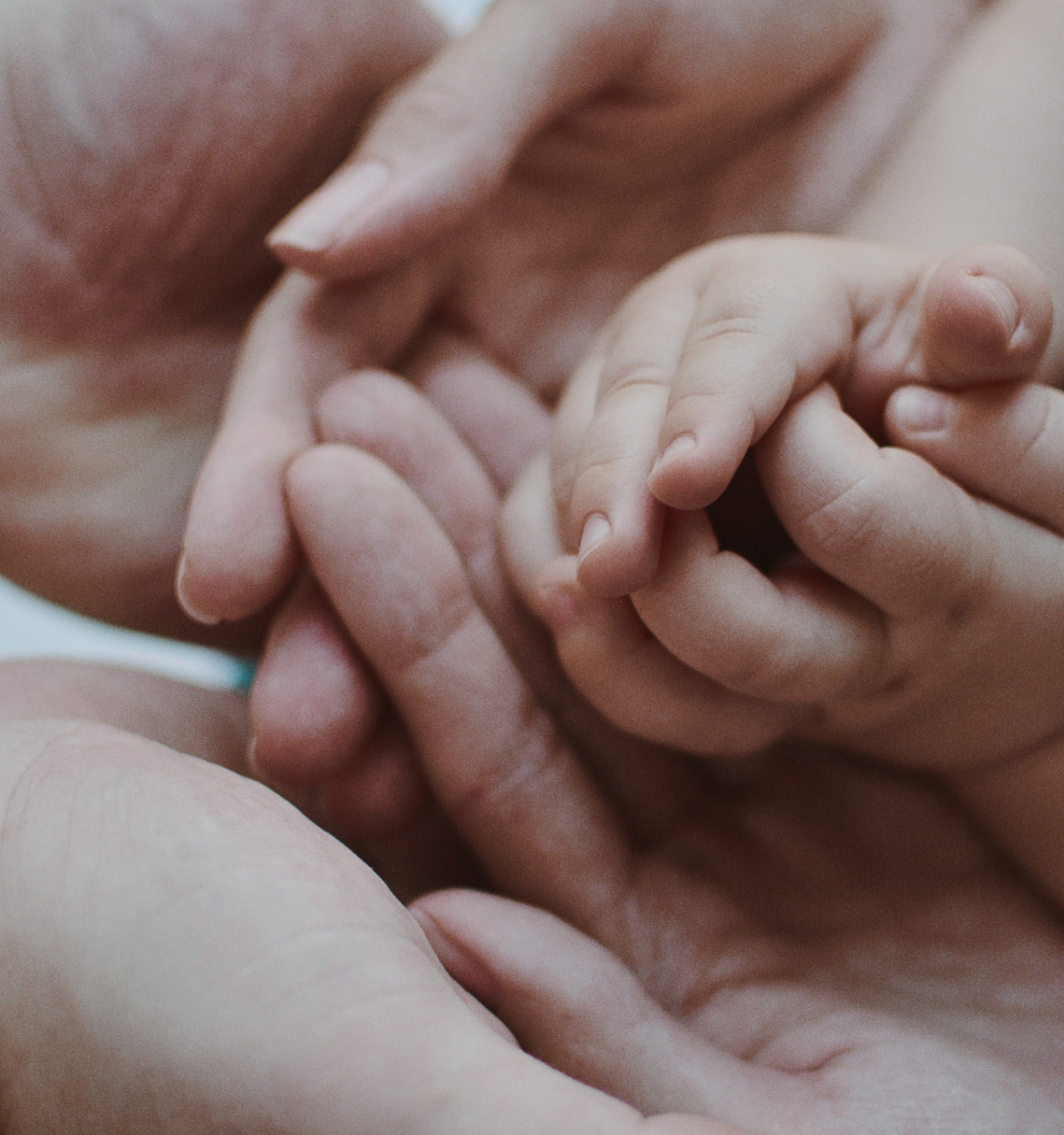Our relatives pass down many qualities and values that are carried out instinctively over the years; however, there are other traits and trauma that are also passed down for generations which are never spoken about until someone has the courage to break the vicious cycle.
Experiencing a traumatic event can be frightening in the moment but unfortunately, it doesn’t just stop there. The effect of trauma has the tendency to linger and can gnaw at a person over the years.. These experiences can sometimes be subtle and undefined as it soars through the family generations creating anxiety, depression, addiction, chronic health problems, trust issues, self-esteem issues etc.
People often feel confused and uncertain when it comes to discussing the maladaptive behaviors that have been carried for generations. Being unaware of where it began and how it is affecting them can be a daunting cycle. The following are some important strategies which can be beneficial to begin the healing process.
- Recognize the pattern: As for many things, we would be unaware of what to solve if we don’t recognize the problem. Acknowledging and understanding the maladaptive behaviors and how it has impacted the individual as well as the family is the first step towards healing.
- Self-reflection or having an open dialogue: Being aware of the trauma and ways our parents or grandparents have an influence on our thought process and behaviors, can help us identify where it stemmed from and understand we no longer need to hold onto their survival kit. It will also help us feel safe to create a new narrative for ourselves.
- Being kind and compassionate: As you learn new information and create a safe space, cultivate empathy and compassion towards yourself and your family members. Sometimes, things are kept hidden to shelter us but our parents and their elders are often unaware of ways it has been affecting our lives. There are times you may feel frustrated and angry at the situation, but these responses are within the norm. Validate yourself for working towards self-improvement and breaking the cycle for yourself and many generations to come.
- Seek professional help: The healing journey can be heavy and unveil many emotions, a process that you do not have to do on your own. A trained professional can help you understand the unhealthy patterns, process your emotions, and provide guidance and feedback to develop healthy coping strategies as well as more functional ways of thinking and behaving.
Breaking generational trauma is vital for healing and the wellbeing of future generations. Despite how terrifying and ingrained generational trauma is within the family, you have the power to break the cycle and change the maladaptive behaviors.
By: Santa Dastidar, LCSW



